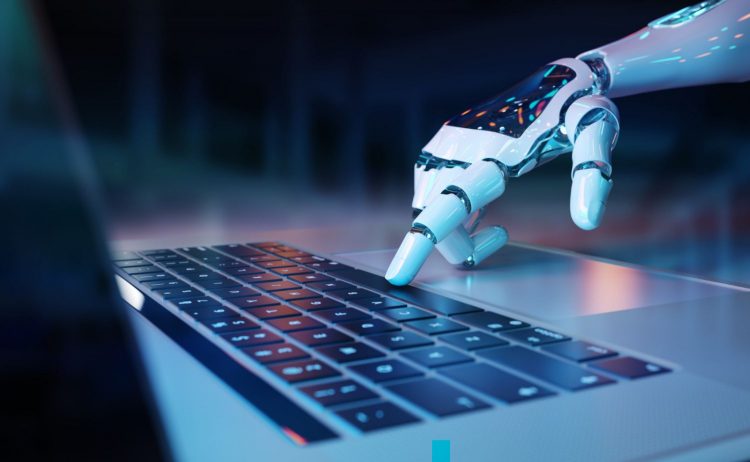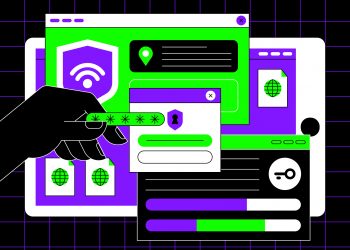The artificial intelligence (AI) revolution can be viewed from two perspectives, almost as two parallel universes. One is a situation when machines improve and support people. Think about Star Trek. The other is more akin to the dystopian movie Elysium, where access to technology has widened the gap between the haves and have-nots.
Whatever the future holds, automation is undoubtedly drawing us closer. Although AI initially replaced low-skilled call center employment with clumsy bots, things are now far more advanced.
AI and the future
Consider the profession of medicine. Years of training are typically required, and becoming a diagnostician is a laborious and time-consuming procedure. Additionally, the demand for this expertise sometimes exceeds the supply, placing pressure on the healthcare system. However, where diagnostic data can be digitized, machines can take over the workload.
In almost every sector, artificial intelligence is influencing how people will live in the future. It already serves as the primary force behind developing technologies like big data, robotics, and the Internet of Things, and it will continue to do so for the foreseeable future.
Transforming the scientific method
We may anticipate orders of magnitude improvements in what can be done with AI and machine learning (ML). Humans are limited in the range of concepts they can computationally investigate. Humans and computers can discuss a wider range of concepts. Additionally, a considerably wider range of concepts can be successfully handled by people working with computers and AI. With the help of AI, it is now possible to computationally analyze massive data sets and identify complicated links and patterns. AI, which enhances human intelligence, is poised to revolutionize scientific research, ushering in a new era of scientific discovery in the years to come.
AI will firmly establish itself in foreign policy
There will probably be significant government investment in AI. For the purpose of preserving and enhancing American competitiveness abroad, U.S. Secretary of Defense Lloyd J. Austin III has openly endorsed the significance of collaboration with forward-thinking AI technology firms.
The National Security Commission on Artificial Intelligence concluded that the US government must significantly speed up the development of AI. There is little question that AI will be essential to the United States’ continued economic strength and geopolitical leadership.
AI will make it possible for new customer experiences
The metaverse and cryptocurrency are two examples of next-generation consumer experiences that have generated a lot of hype. AI will be essential in making these experiences and more like them possible. Because humans lack the kind of perception necessary to overlay digital things on actual physical surroundings or to comprehend the spectrum of human activities and their related impacts in a metaverse setting, the metaverse is intrinsically a problem for AI.
Our lives are increasingly being lived at the confluence of the worlds of bits and atoms. In a digital environment, AI systems may be able to learn far more quickly. These are organic drivers for AI to close feedback loops between the virtual and real worlds.








